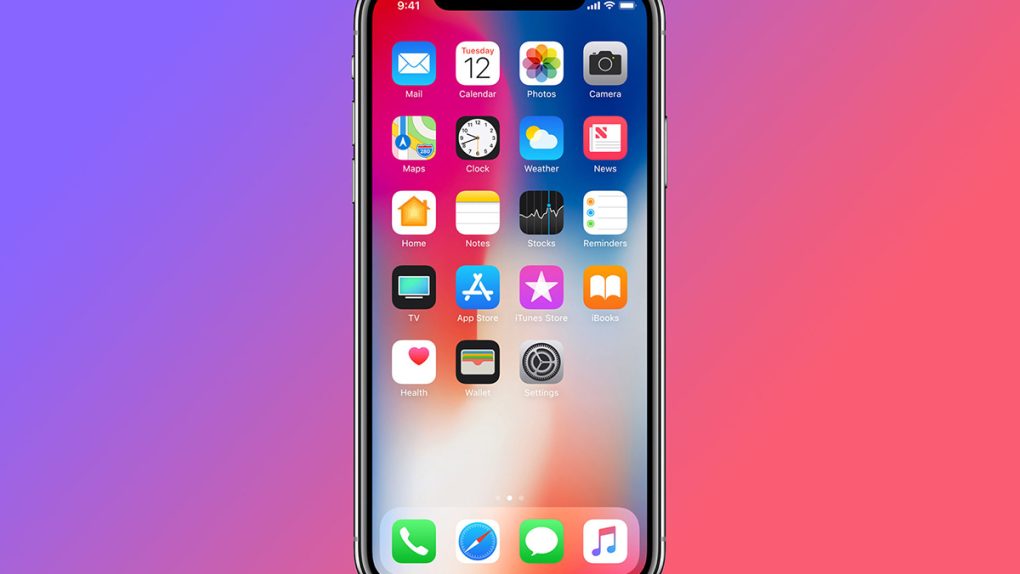Apple’s upcoming new iPhone X is a market leader in so many key areas. It has the narrowest bezels among all top-tier flagship smartphones thanks to Apple’s brilliant engineering, it’s the first to feature an advanced facial recognition solution that includes a dot projector and an infrared camera, and it’s powered by the most advanced mobile processor on the planet, complete with its own built-in neural engine.
Interestingly, not all of the technology baked into the completely redesigned iPhone is new and exciting. In fact, some of the iPhone X’s tech is already outdated, but a new acquisition should help remedy the issue in future iPhone models.
Following reports in the New Zealand media stating that Apple had acquired a local company, an Apple spokesperson confirmed to Reuters that Apple has indeed acquired PowerbyProxi. The New Zealand-based firm designs both wireless charging products for end users and wireless charging solutions. The terms of the acquisition were not disclosed.
This year’s iPhone 8, iPhone 8 Plus, and iPhone X are the first iPhone models to include wireless charging support, despite the fact that the convenient charging feature has existed in Android phones for many years now. Apple is known for being slow to adopt certain technologies, but when it does finally integrate them into its products, they typically offer clear benefits over rival solutions. With wireless charging, the opposite is true.
Apple’s 2017 iPhone lineup includes a version of the Qi wireless charging standard that is old and slow. As a result, the company’s new iPhones take much longer to recharge on a wireless charging pad than modern Android phones, which feature wireless charging tech that is both newer and faster.
PowerbyProxi, meanwhile, is best known for its industrial wireless charging solution. As noted by Reuters, the company’s technology is capable of pushing up to 150 watts of power, though it’s currently targeted at medical equipment and some other industrial machines. Apple wouldn’t speak to its intentions with this new acquisition, but it’s possible that Apple will look to develop wireless charging tech that is not only much faster, but also can scale to larger devices like its MacBook laptop range.








